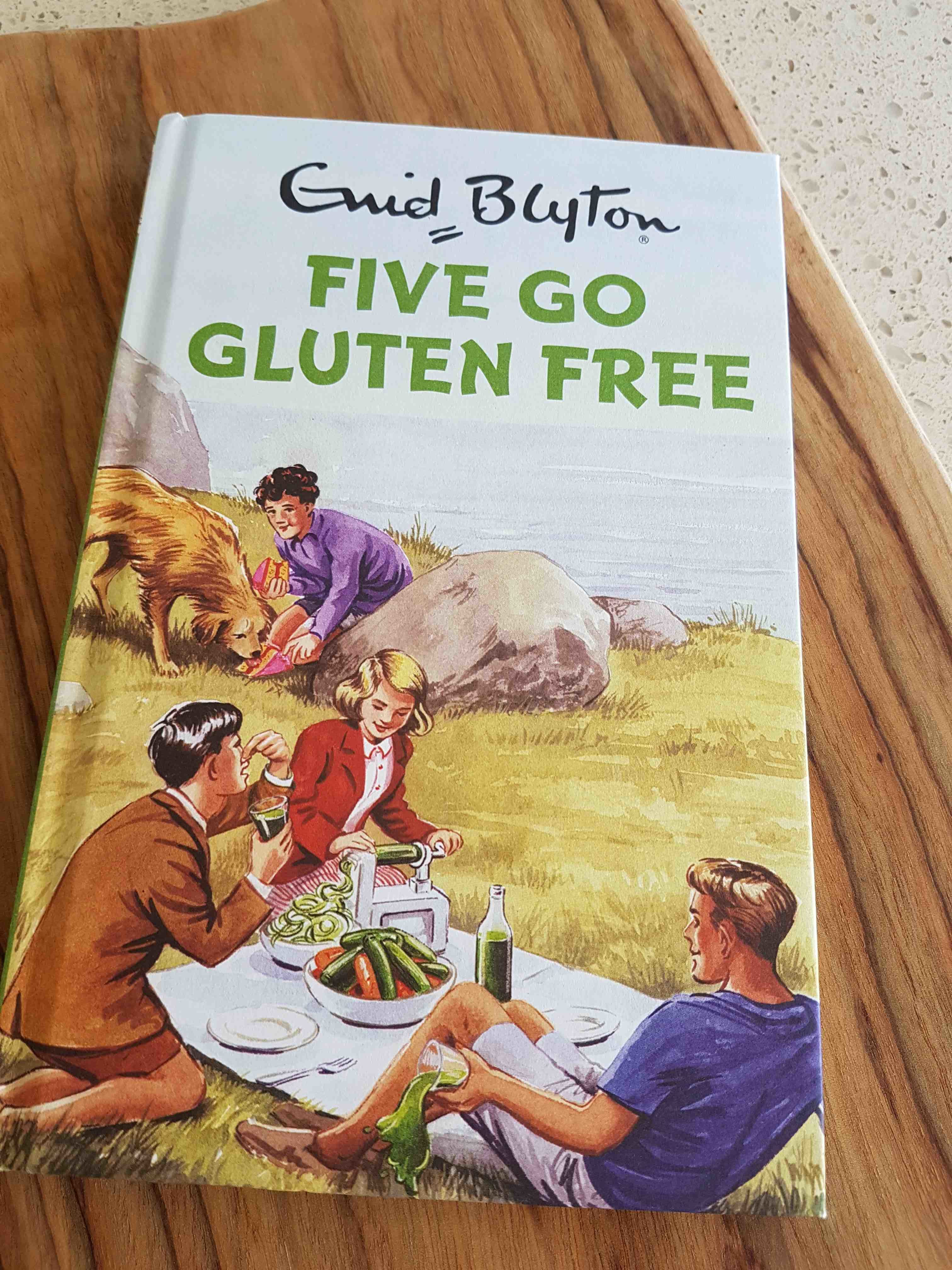 More and more people are eating gluten-free … for medical reasons such as coeliac disease or non-coeliac gluten sensitivity or simply as part of a growing food trend. Recent research has indicated that the popularity of gluten-free diet has increased in the last decade and at times up to 20 per cent of the population may choose gluten free products. This is substantially higher than the incidence of coeliac disease or wheat allergy within Australia.
More and more people are eating gluten-free … for medical reasons such as coeliac disease or non-coeliac gluten sensitivity or simply as part of a growing food trend. Recent research has indicated that the popularity of gluten-free diet has increased in the last decade and at times up to 20 per cent of the population may choose gluten free products. This is substantially higher than the incidence of coeliac disease or wheat allergy within Australia.
Gluten is a protein naturally found in grains such as wheat, rye, triticale, barley and oats. It enhances the structure of baked products. Many foods that contain gluten (e.g. oats and wholegrains) are high in fibre and are highly beneficial for improving our gut microbiome.
One in 70 Australians has coeliac disease and needs to completely avoid gluten for life. Even the smallest amount (50mg or one-hundredth of a slice of bread) can make them feel very unwell.
Coeliac disease is an autoimmune condition, where the gluten triggers the immune system to attack and damage the small intestine, causing pain and malabsorption of nutrients.
If you have coeliac disease or gluten intolerance, the message is clear – avoid gluten. Choose grains that are naturally gluten free such as polenta, brown rice, brown rice noodles, quinoa, buckwheat. Choose starchy vegetables such as potato, sweet potato and corn to add to your meals. There are also plenty of gluten free flours available on the market for use in baking. Of course many foods are naturally gluten free including meats, chicken, fish, eggs, nuts, legumes, fruits and vegetables that should form the basis of your meals. These are real, whole foods that are highly nourishing rather than some of the ultra-processed gluten free products on the market.
A wheat allergy occurs when your immune system has an abnormal reaction to the proteins present in wheat. This can produce many symptoms, some of which include wheezing, hives, swelling or stomach ache. Often children who are diagnosed with a wheat allergy will grow out of it. If people have a wheat allergy, they need to avoid wheat, but can include wheat free grains such as rye, triticale, barley and oats.
Non-coeliac gluten sensitivity or wheat intolerance is a different condition whereby eating moderate amounts of wheat may cause digestive problems (such as bloating, excess wind or gas production, or diarrhoea). However, gluten is not the problem; it is the fermentable carbohydrates within the wheat that triggers the digestive discomfort. People with wheat intolerance just need to avoid or limit wheat, but can include rye, triticale, barley or oats.
Is gluten unhealthy and should we avoid it? The simple answer is NO – gluten is a natural protein in grains and only people with diagnosed coeliac disease or non-coeliac gluten sensitivity should avoid it. There are many people who are avoiding gluten unnecessarily and their bodies are missing out on vital nutrients, fibre and its fermentable goodness.
